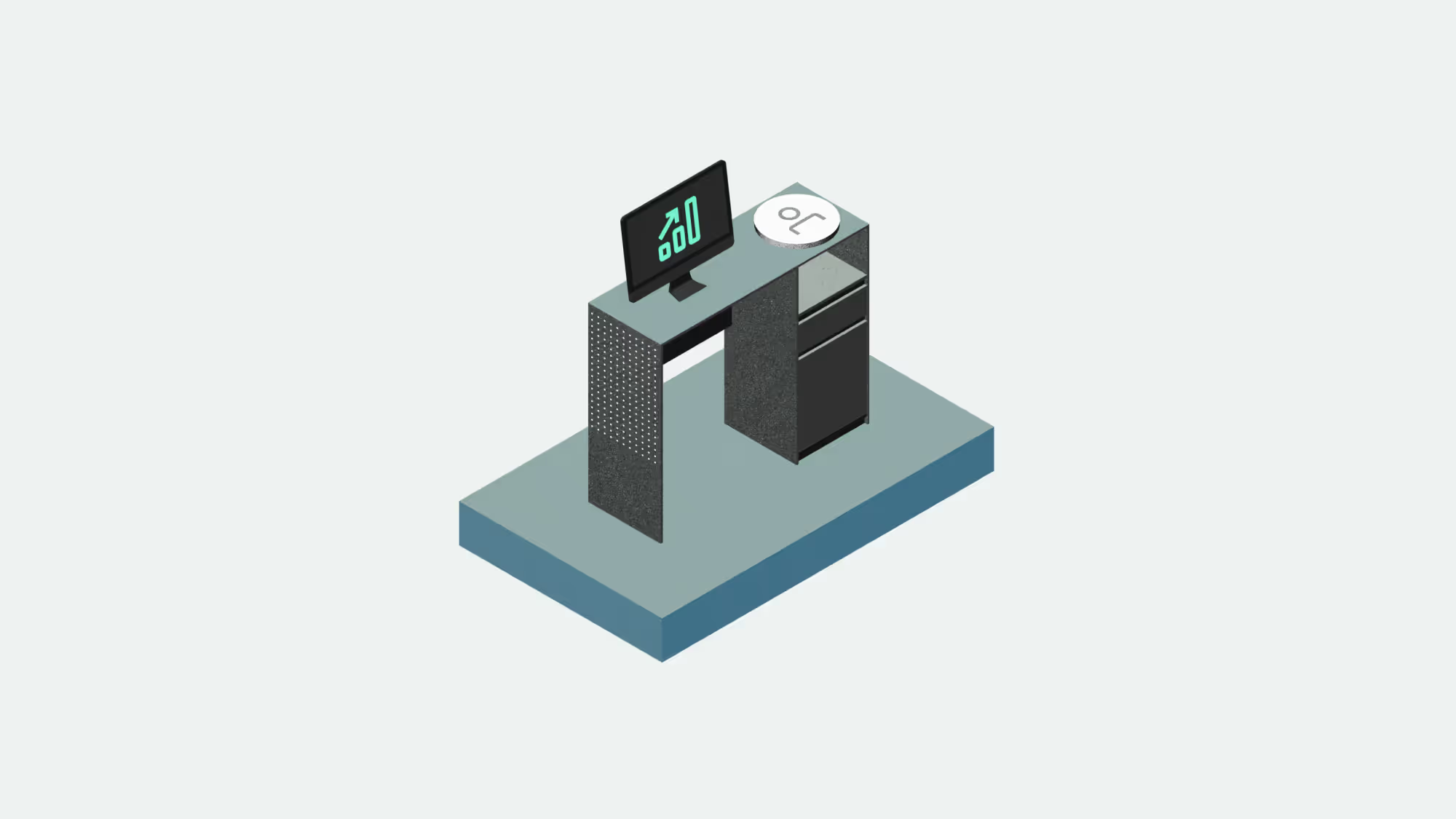Five common challenges construction finance managers face
As the number of construction companies working with Rho has grown, we have pulled together five finance pain points we have found almost all construction companies face.

The U.S. construction industry, worth a colossal $1.6 trillion, represents 4.5% of the national GDP. It commands an impressive 5.9% of U.S. employment and is also home to 8.2% of U.S. establishments, underlining the significant role construction plays in the nation's workforce and economy. However, the construction industry isn't a homogenous entity; it's a vast mosaic encompassing various categories, each with unique operating models and challenges.Consider the roofing companies operating in New England and an HVAC service provider in Tempe, Arizona. Although they fall under the construction umbrella, their customers, suppliers, and concerns greatly differ. However, they share one common trait: a dedicated finance team working tirelessly behind the scenes to keep the organization smoothly operating. This team might consist of a single individual or a group, depending on the company's size and ownership preferences.
From hands-on owners who prefer actively managing everyday financial operations, like paying vendors and running monthly expense reports, to companies that assign these tasks to finance directors, VPs, or CFOs assisted by an office manager—there's a variety in their approach.Throughout our engagement with numerous construction companies here at Rho, we've uncovered five common finance pain points that almost every construction company, irrespective of their size or specifics, faces to some degree. Let's delve into these pain points to shine a light on the financial challenges inherent in this critical industry.
'We have to chase employees and contractors for receipts.'
Getting employees and contractors to submit expense receipts in a timely fashion is a real challenge. For busy finance teams simultaneously managing multiple building projects with dozens of contractors, chasing down receipts adds unnecessary time to their month-end closing process and makes real-time reporting difficult.
In our recent expense management survey, we found a significant reason for this friction stems from many midsize organizations ' construction companies included ' relying on manual processes like static spreadsheets, email, and paper filing to manage expense reporting and reimbursements. For construction companies like Greater Boston Roofing with field supervisors moving from project to project, it is easy to see how these tedious tasks encourage last-minute practices that compound the finance team's workload.
'We spend a lot of time every month cutting hundreds of checks to pay our vendors.'
Vendor invoicing is one of the most critical financial processes at a construction company. It is also the most time intensive.
The number of vendors each company typically pays in a month varies; some have 3-5 primary suppliers like Ferguson or 84 Lumber while others have more intricate vendor networks. In a given month, companies cut hundreds of paper checks at different times according to individual payment terms.
This manual process translates to hours of administration time, expensive Fed Ex shipment costs, and difficulty tracking job expenses.
'We don't have an easy and fast way to control and track project spend.'
Some owners prefer to print, sign, and mail checks to manage vendor payments because it provides a feeling of being in control of money moving out of the company.
However, the problem many owners run into is that this method ' combined with the challenge of submitting expense receipts in a timely fashion ' makes things difficult for construction finance teams to accurately track how spend is progressing against different project budgets in real-time.
This is a significant problem in an industry driven by relationships and margin. On the latter point, revenue (measured by backlog and work in progress) is challenging enough for finance teams to track and forecast. Lack of real-time visibility into job costs compounds this problem.
'We spend hours mapping transaction data to the right attributes (e.g., project code, budget, vendor) in our accounting software.'
The last and first weeks of every month are stressful for construction finance teams scrambling to close the books. From chasing employees for expense receipts to ensuring every dollar spent maps neatly to a specific project code with the correct labels, long hours seem inevitable.
Even if you use automated accounting software like Foundation, Net Suite, or Quick Books, closing your books often isn't as simple as clicking a button. The length and complexity of month-end and quarter-end close are dictated mainly by the processes you have in place to pay bills and track expenses.
If your expense reporting relies on paper filing, spreadsheets, or emails, the chances are high that the bulk of your finance team's time during month-end close is spent on reconciliation and checking for mapping errors.
'Our bank doesn't understand the construction industry.'
Rachel Beck, office manager at Dallas-based utility construction company, K-Con, had trouble finding corporate card and banking partners that understand construction-based finances. 'Most banks look at our books and don't understand the financial forecasting, ' she said. 'Our jobs last up to 18 months, and we often pay all our vendors at once on net-90 terms, which can add up to millions of dollars. We want returns on our investments and use corporate cards to get cashback, but it's hard to get a high credit limit." For K-Con and other firms who find value in paying vendors with cashback-earning cards, a credit limit that doesn't accurately reflect industry payment term standards can leave finance teams with unnecessary headaches.
Wrap-up:Learn why construction companies trust Rho
Curious about how Rho can help your construction company solve pain points like payables? Visit Rho and start a conversation with a Rho construction specialist today!